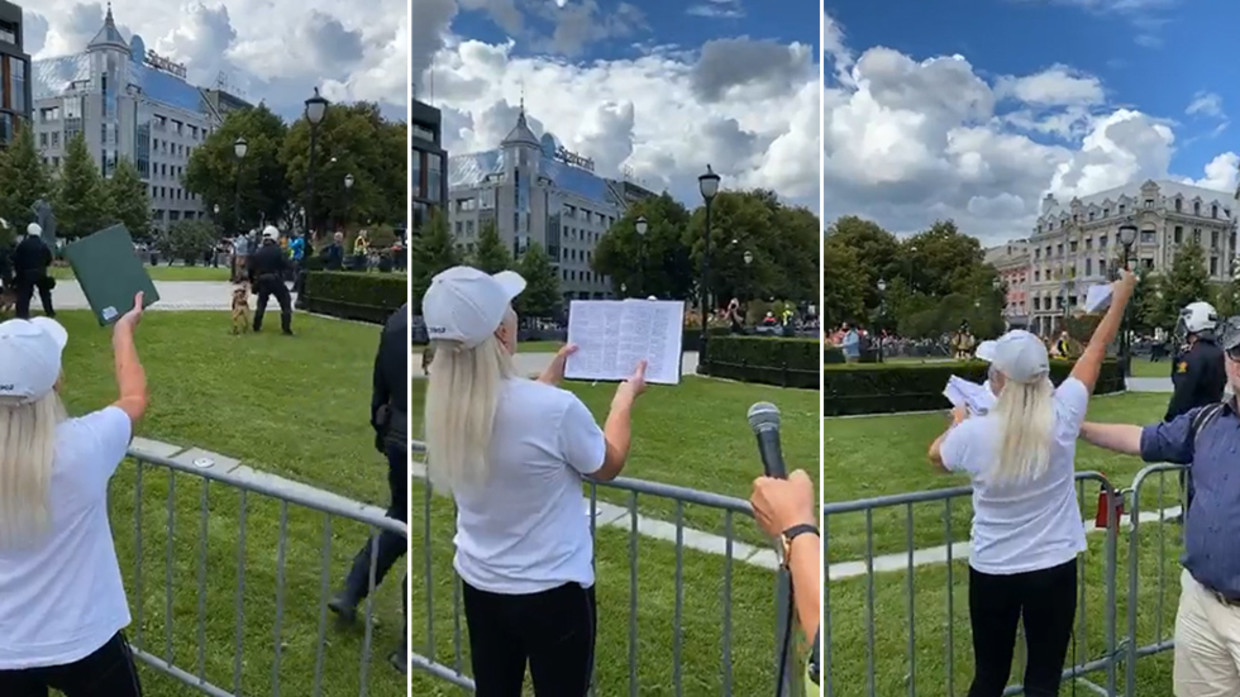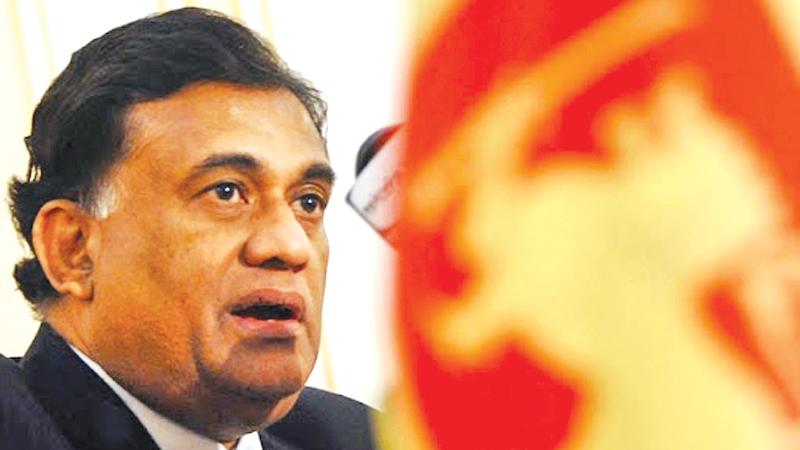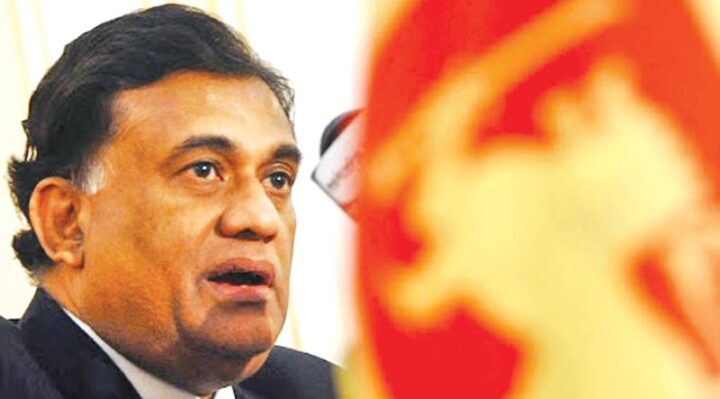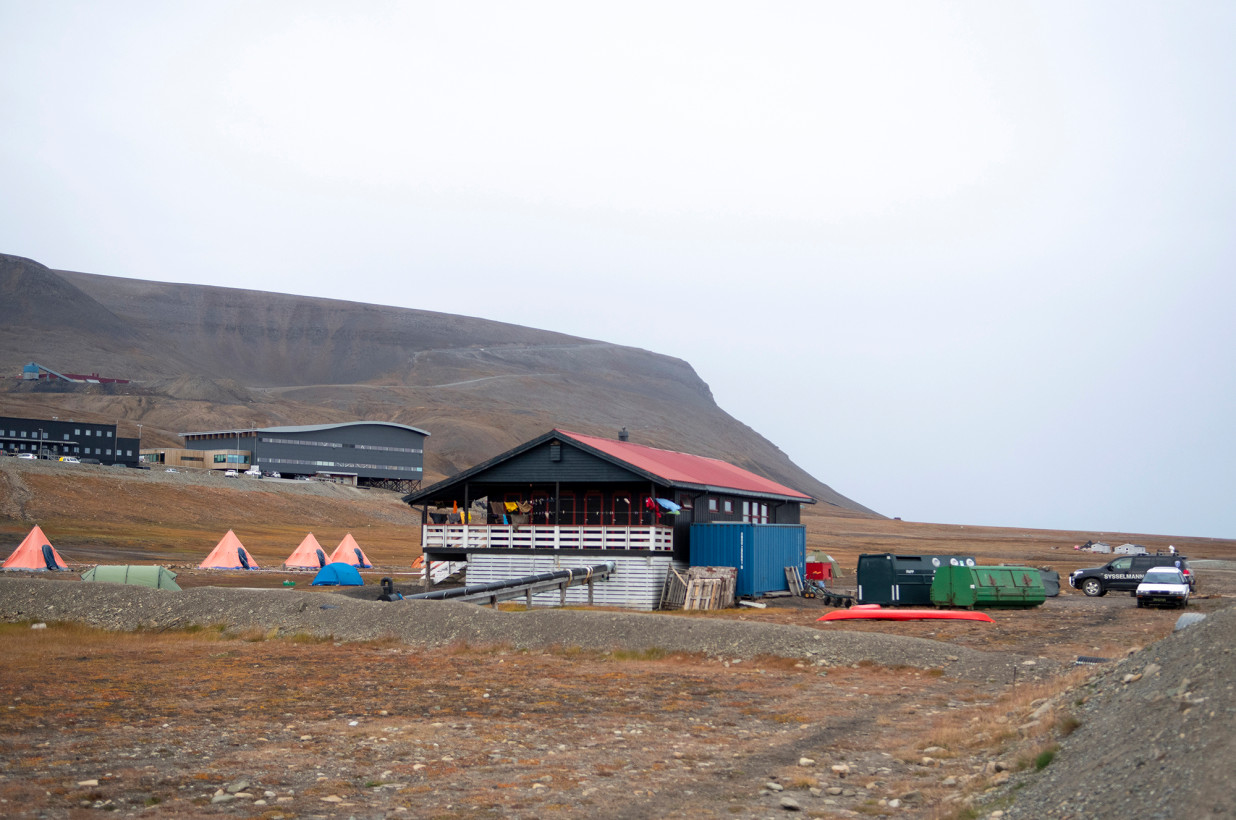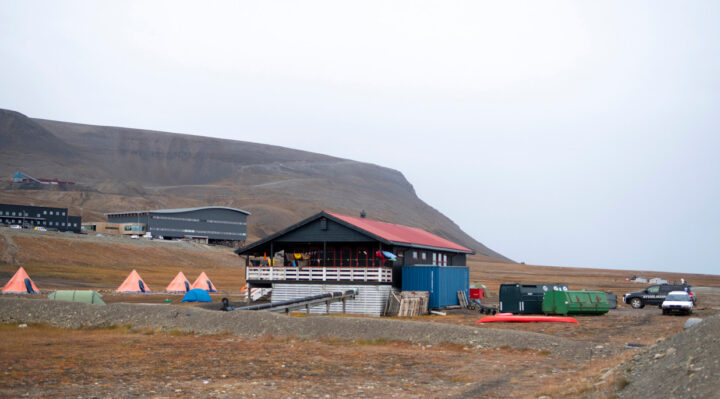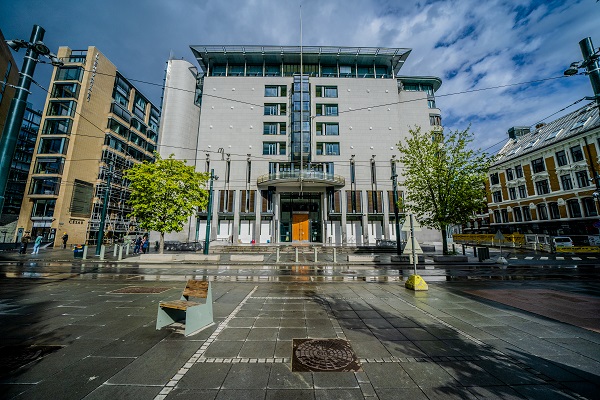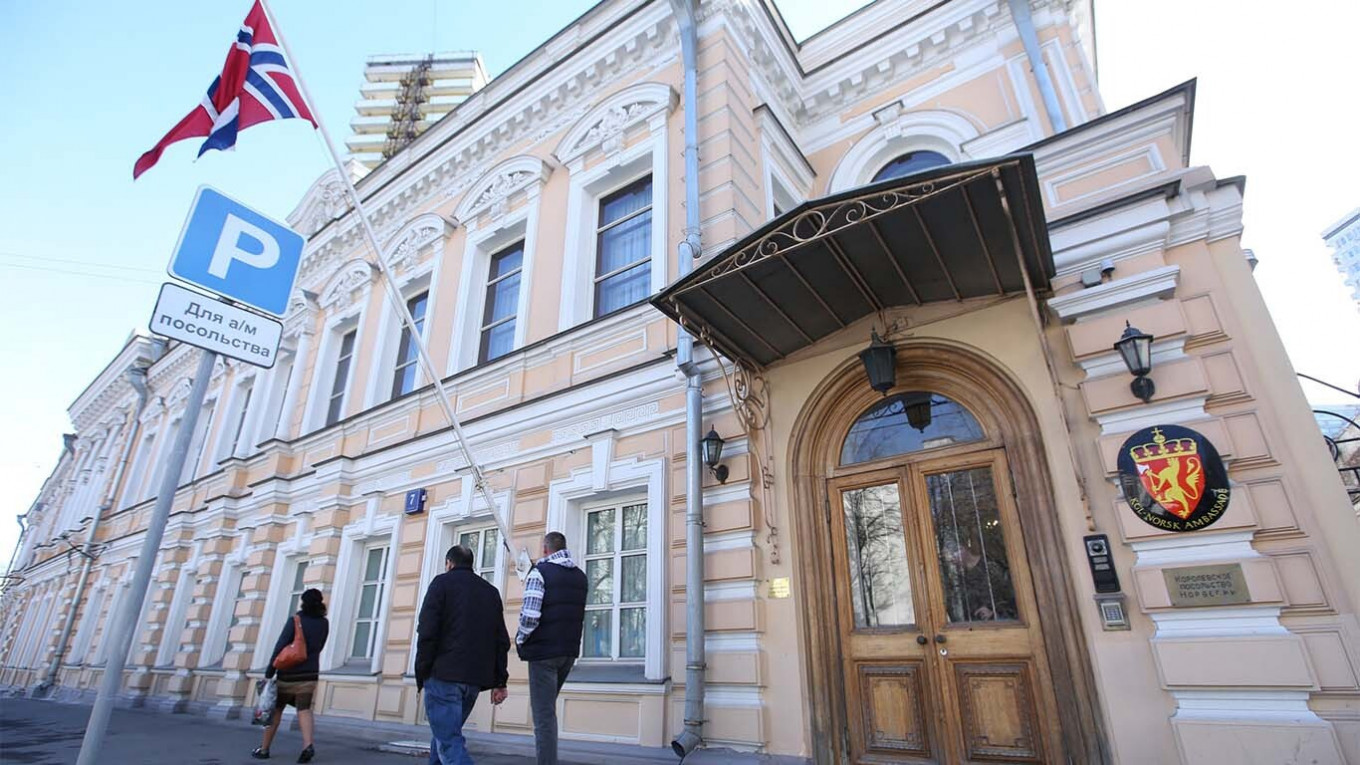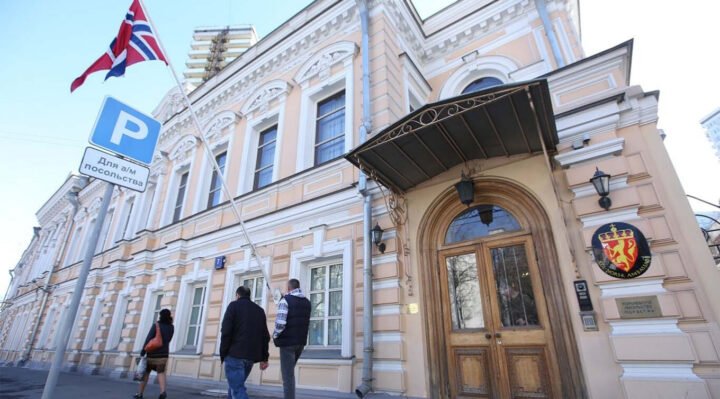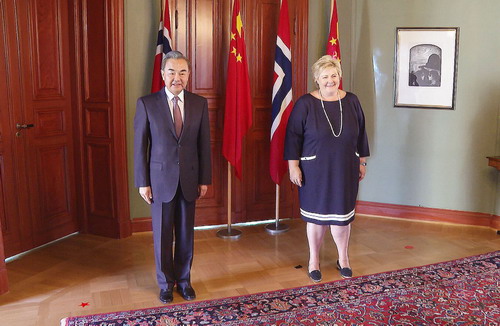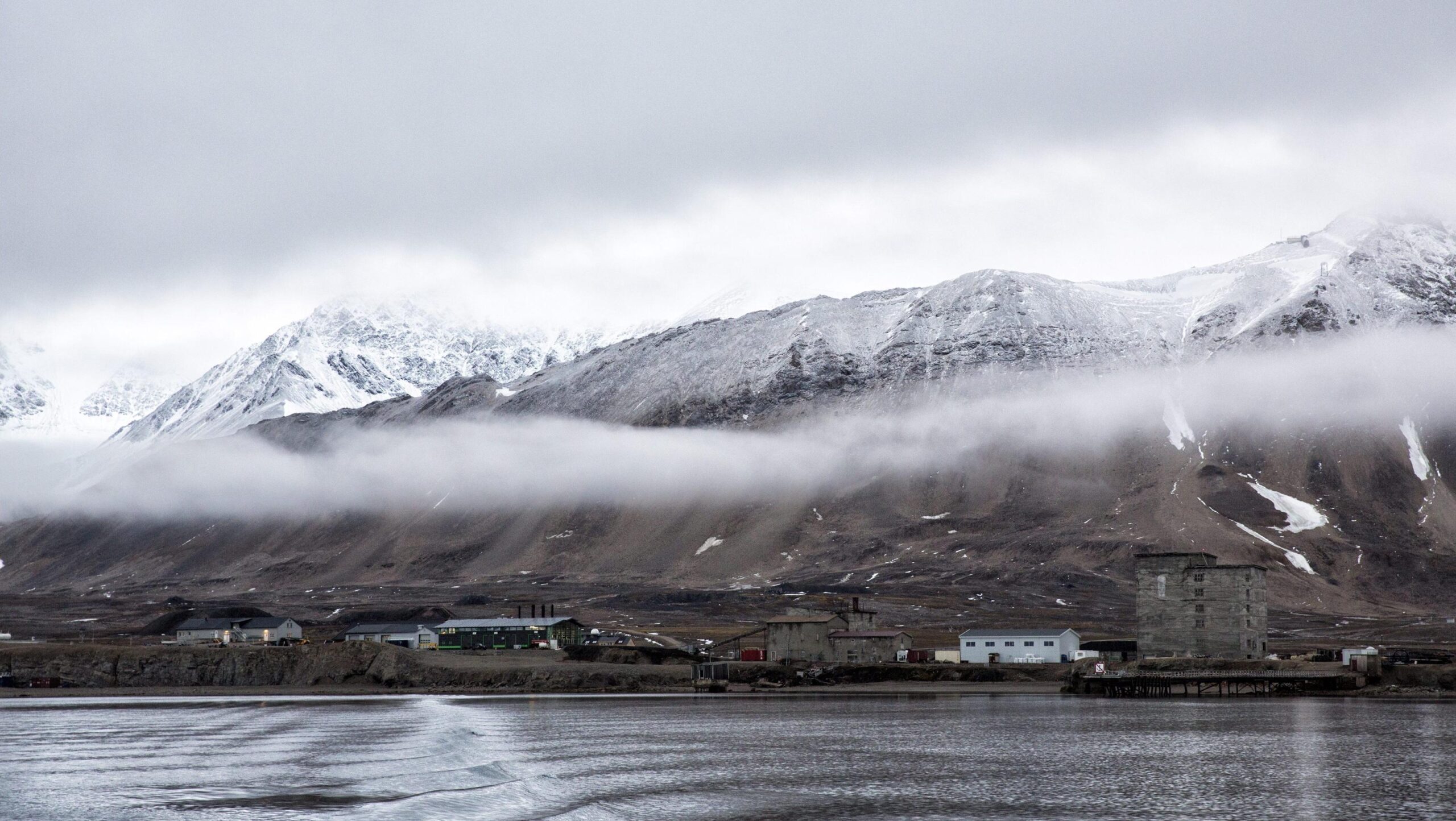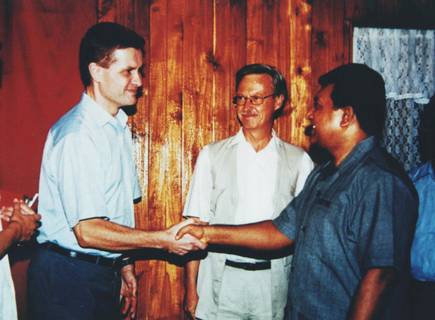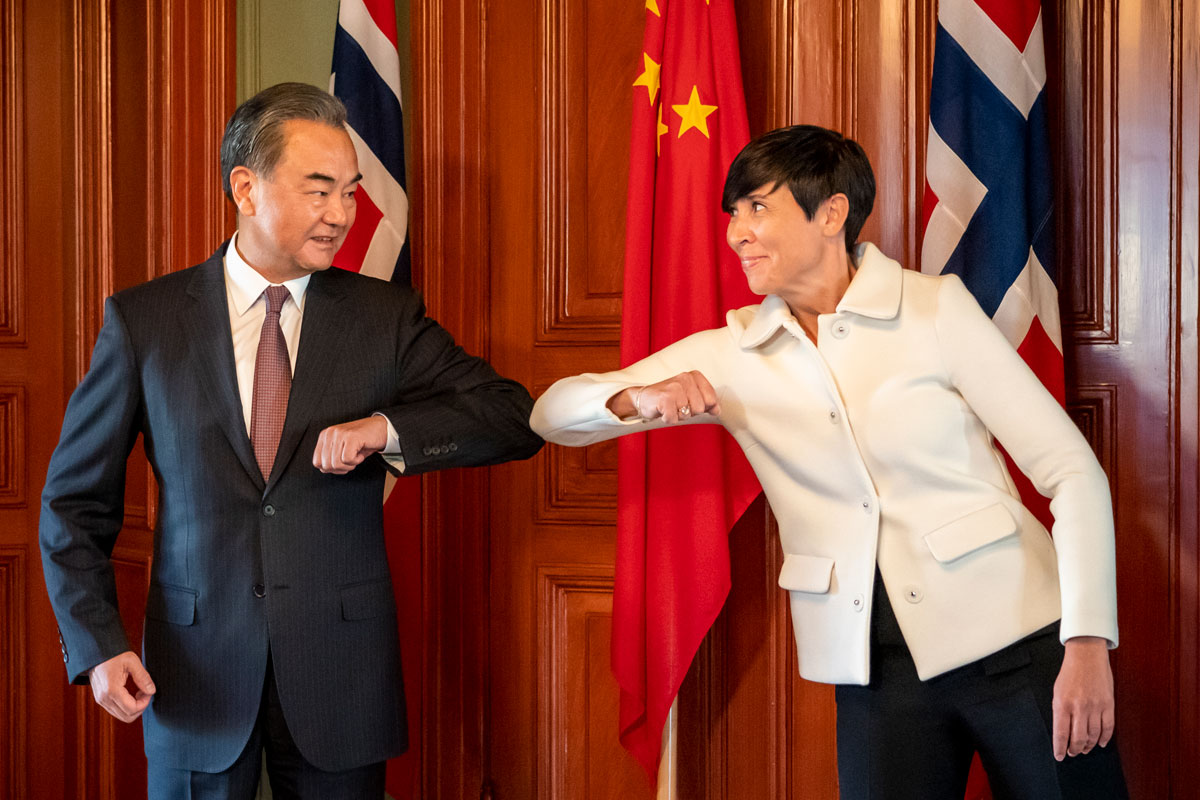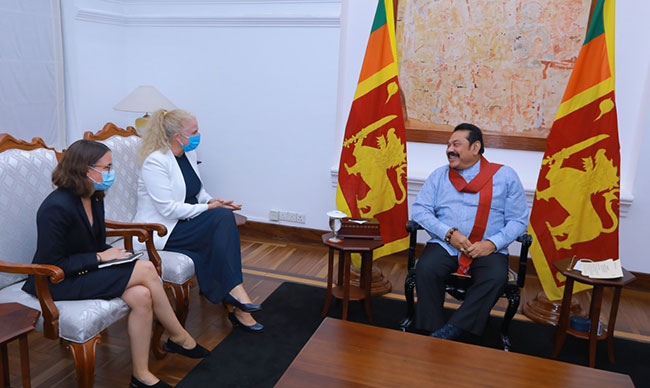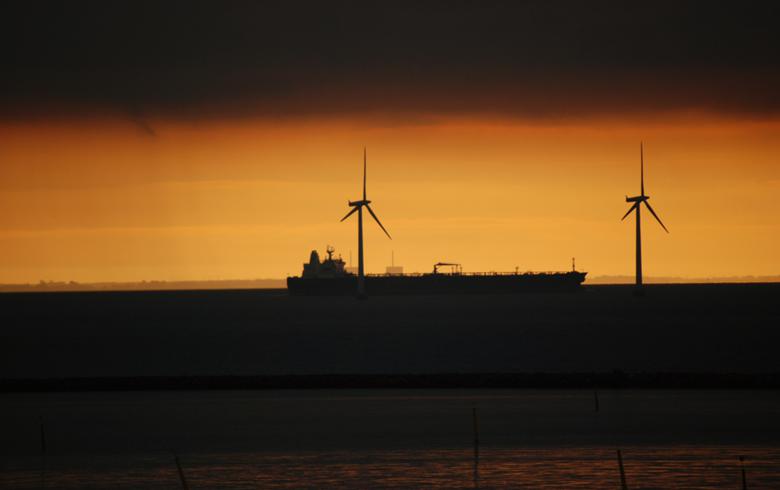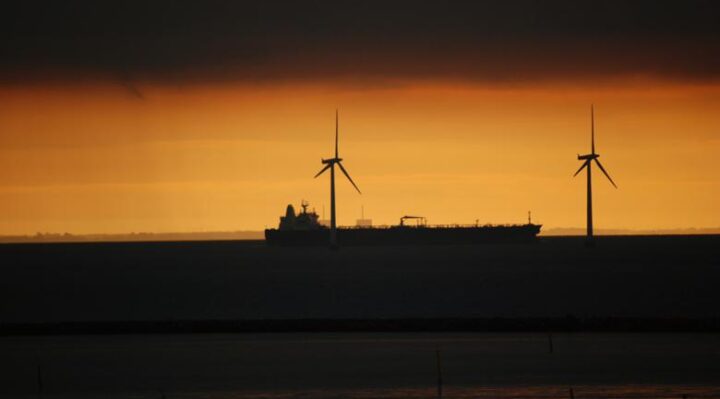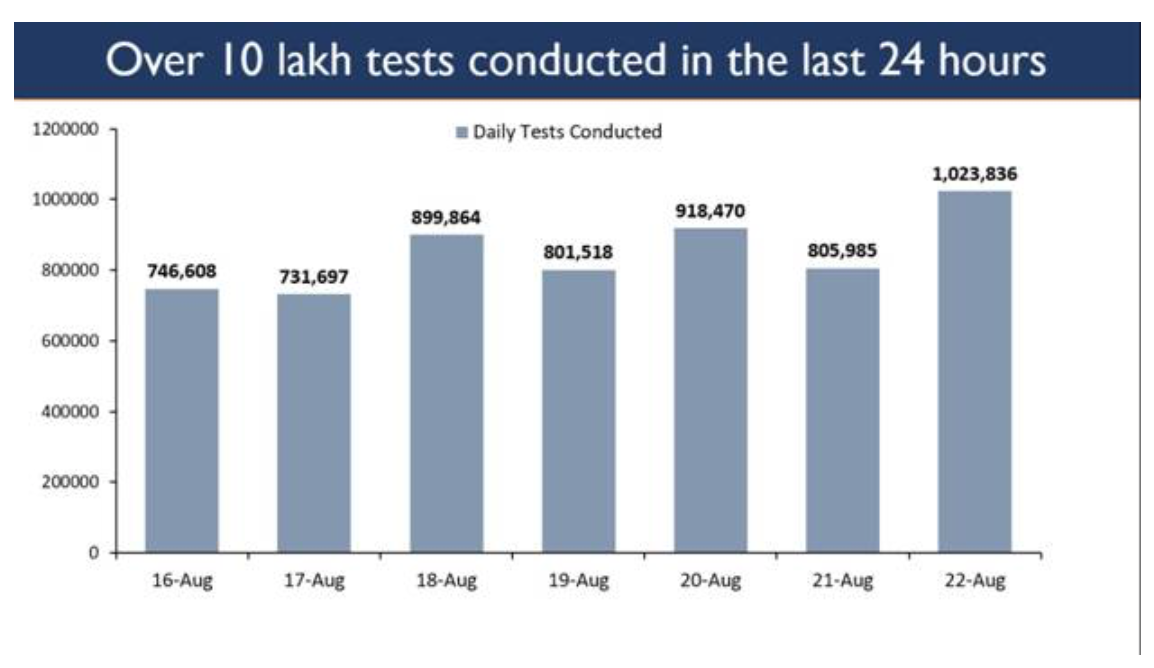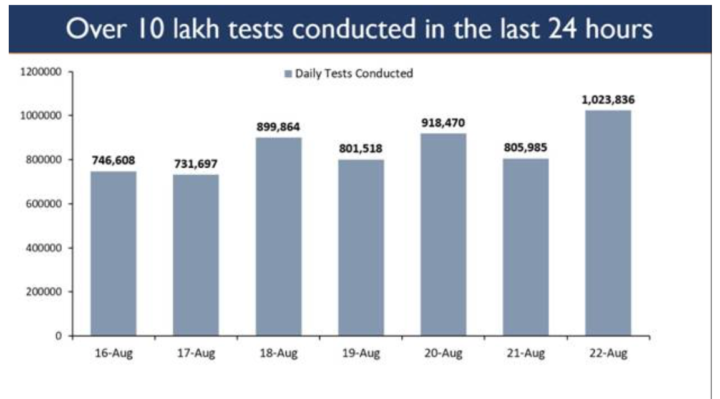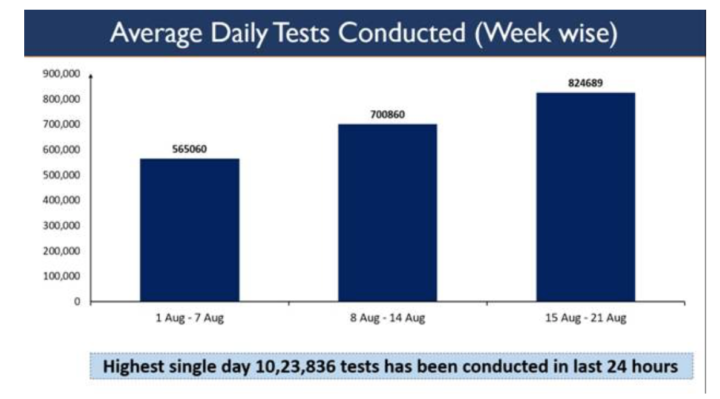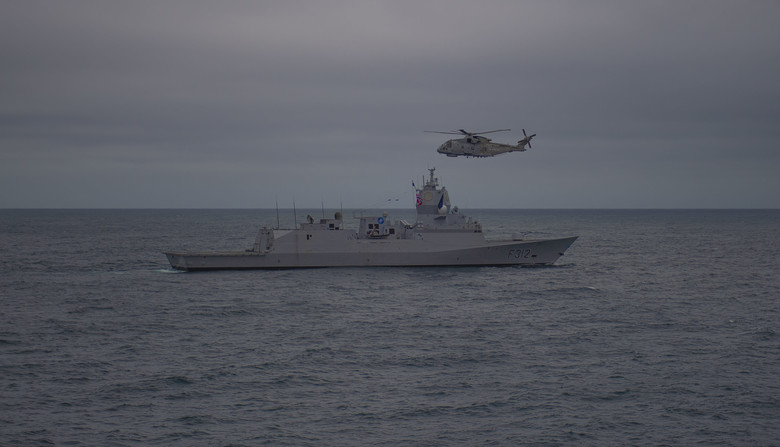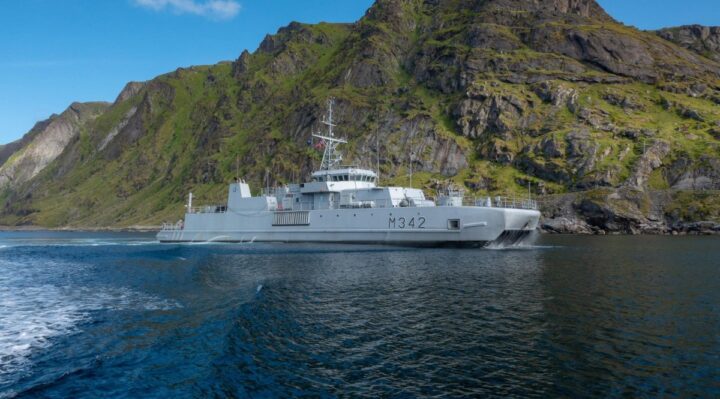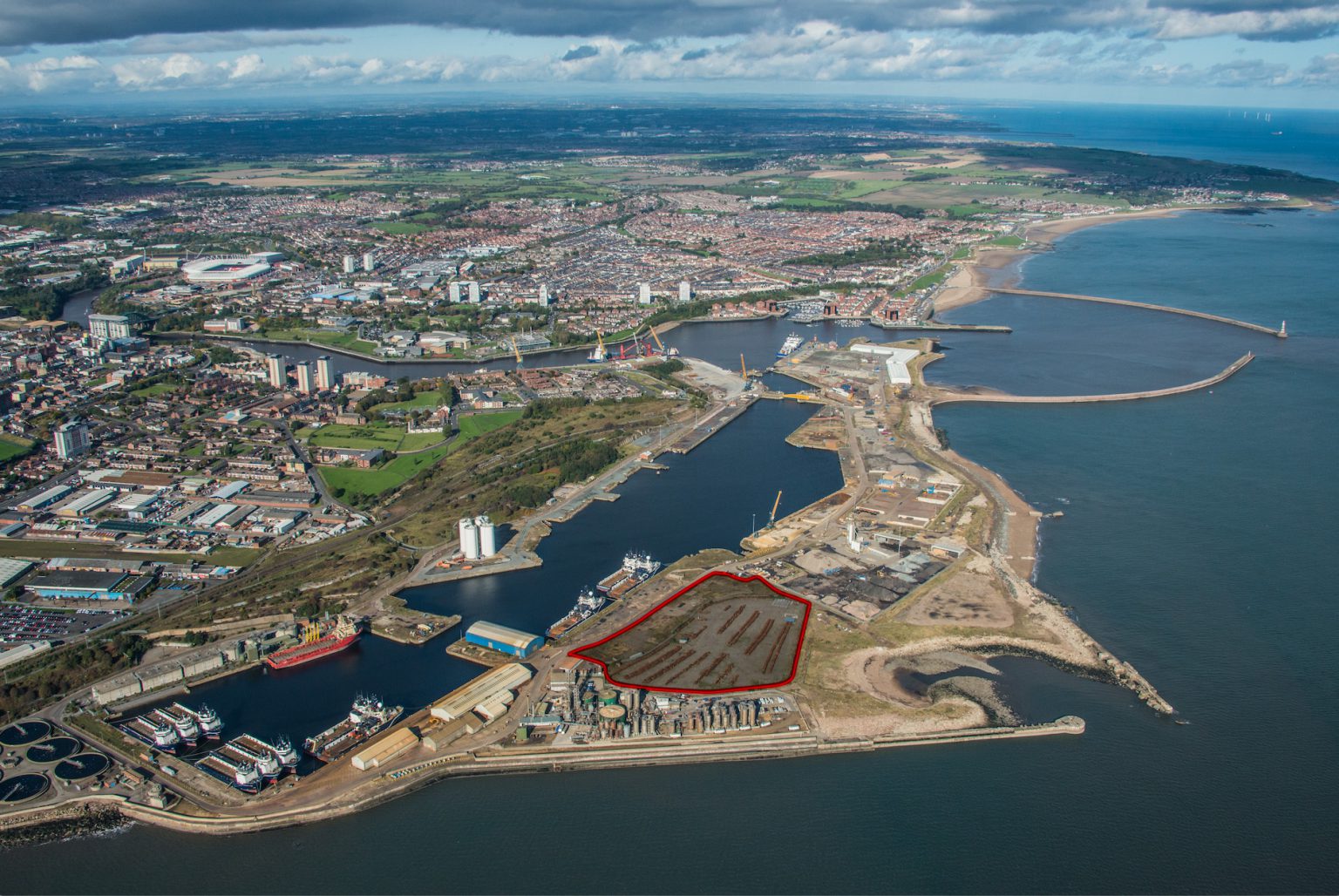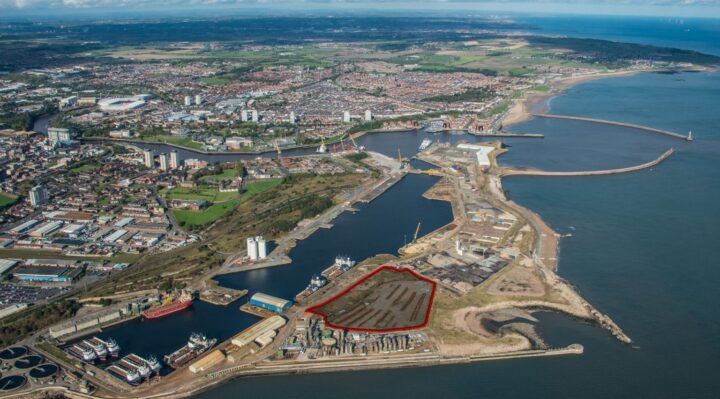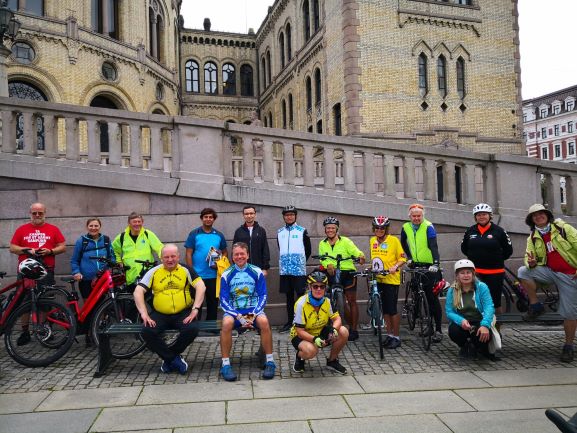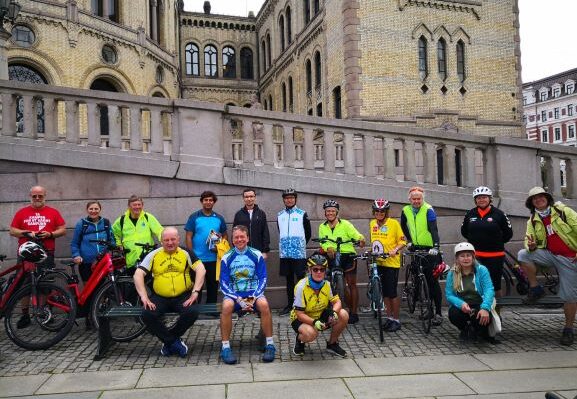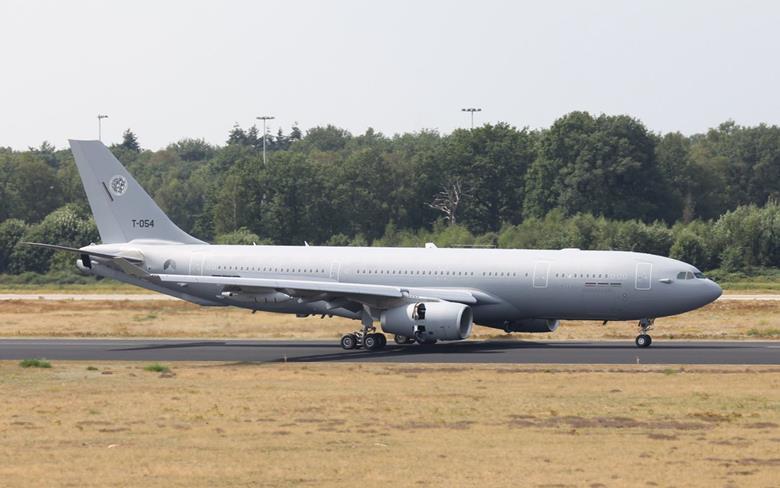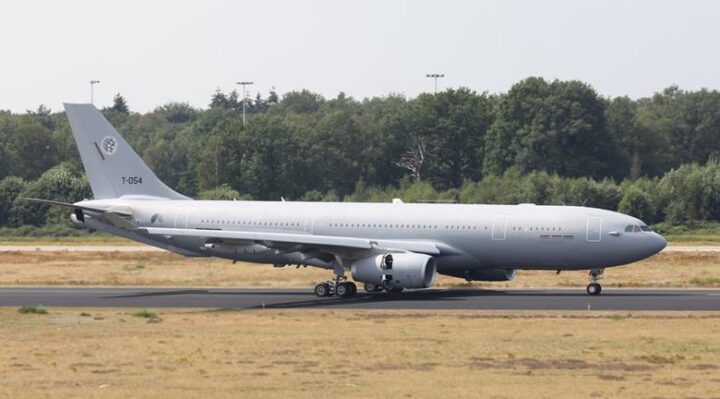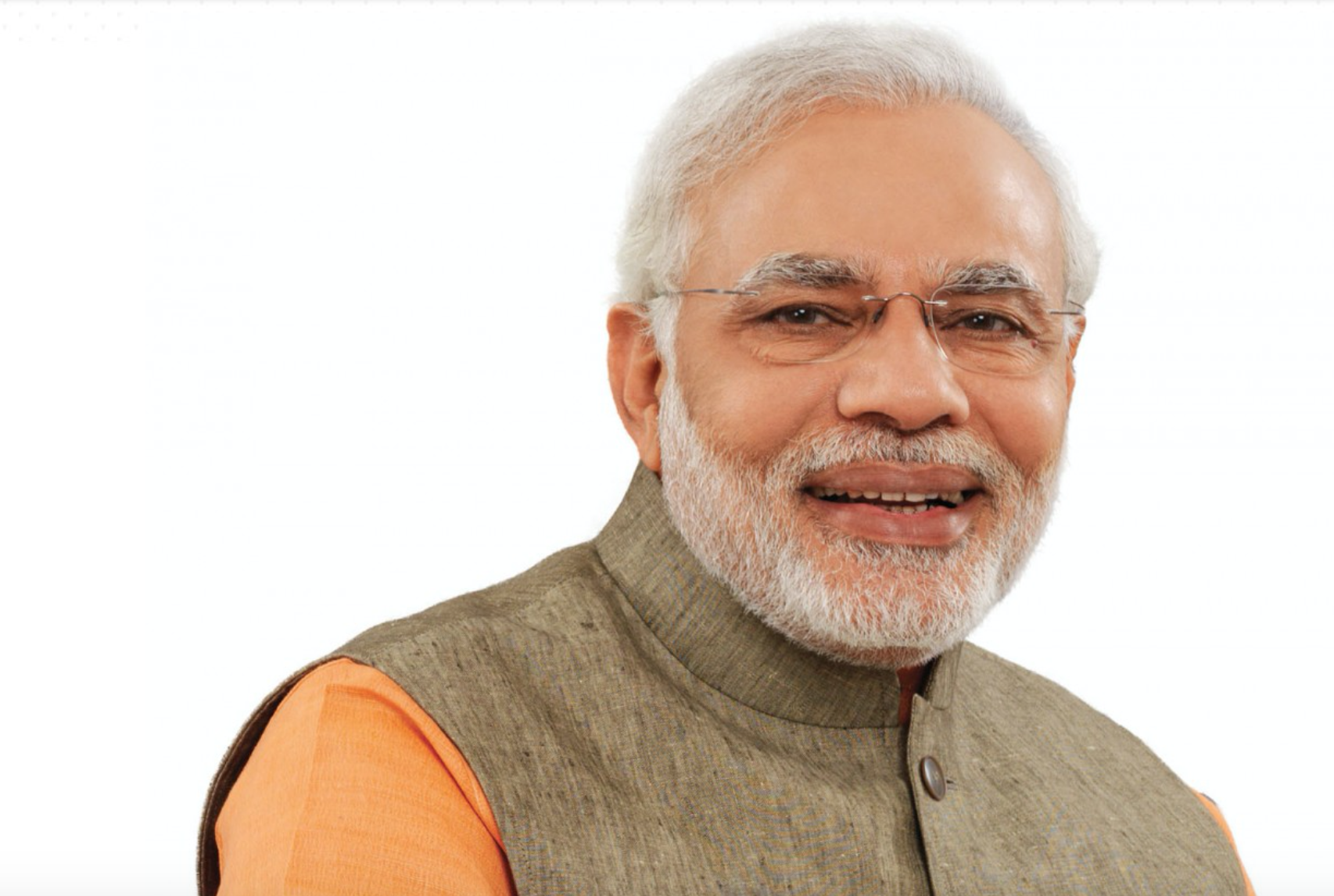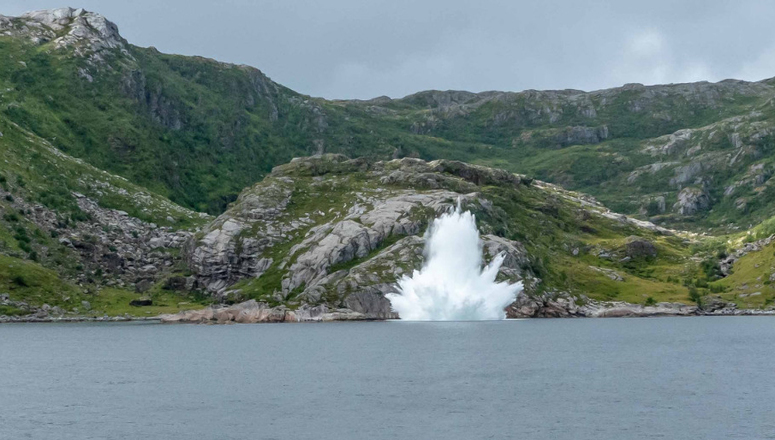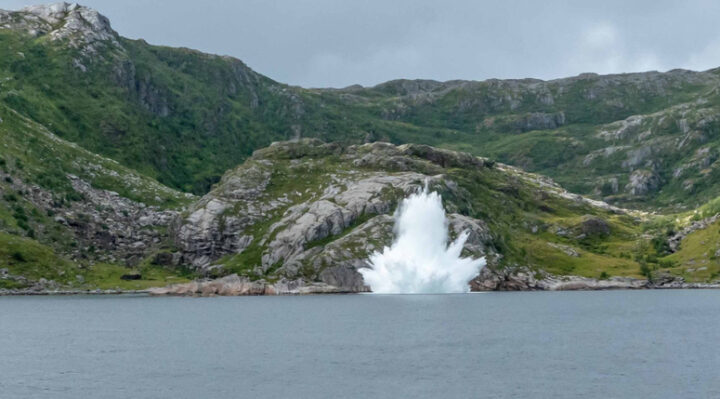Turkish officials condemned the burning of the holy Quran in front of the Norwegian parliament, saying the act fans the flames of anti-Muslim hatred.
In a statement, ruling Justice and Development Party (AK Party) Deputy Chairman Numan Kurtulmuş said his party strongly condemns the shameful act. He continued by saying that Western politicians who instigate Islamophobia for their own political gains are also responsible for such attacks, rather than just the perpetrators who carried it out.
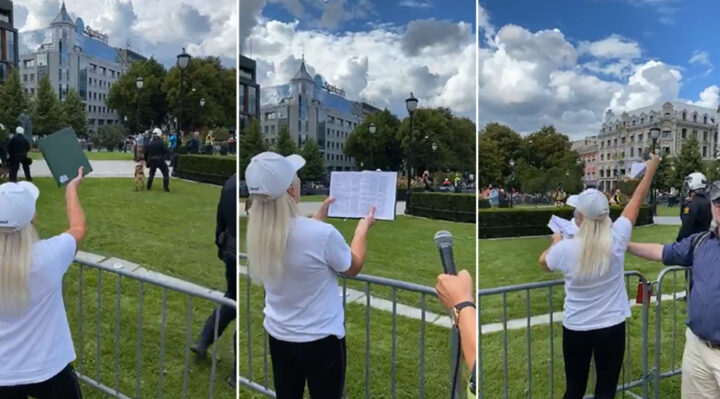
The head of the Turkish Religious Affairs Directorate (Diyanet), professor Ali Erbaş, also condemned the attack.
“The attacks on the Quran have now become an abdication of reason and are solid proof showing that Islamophobia has evolved into Muslim hatred,” Erbaş said.
Highlighting that it is unacceptable for anti-Muslim groups in Europe to carry out attacks against the Quran, Erbaş said he expects Europe to put an immediate end to structures that fuel hatred against Muslims and hold them accountable for their crimes by bringing them to justice.
An anti-Muslim rally was held by the Islamophobic group Stop Islamization of Norway (SIAN) near the Norwegian parliament on Saturday.
A scuffle took place after a female protester held up a copy of the Muslim holy book and ripped some pages out.
Norwegian police rushed to intervene, reports said.
This was not the first time such an attack was carried out in the country.
In 2019, Norway was shaken by a far-right attack targeting the Muslim community, where a far-right group wanted to burn the holy Quran in the largely Muslim-populated area of Kristiansand.
Meanwhile, on Friday, Rasmus Paludan, leader of Danish far-right political party Hard Line, burned a copy of the Quran in Malmo. A riot broke out Friday in the city, where at least 300 people had gathered to protest against anti-Muslim activities.
Ruthless Islamophobic terrorist attacks have targeted Muslims in the past several years in New Zealand’s Christchurch, Germany, the U.K., France and Norway.
Mosques have been targeted all across Europe, resulting in deaths and dozens of injuries.
Some European governments work hard to track and neutralize far-right terrorist groups. On the other hand, they also participate in the normalization of anti-Muslim conversations in Europe through discriminative declarations, bills and security policies targeting Muslims.
Moreover, mainstream media and private institutions are also accused of being responsible for fueling anti-Muslim sentiment as they continuously spread disinformation that harms the Muslim community.

